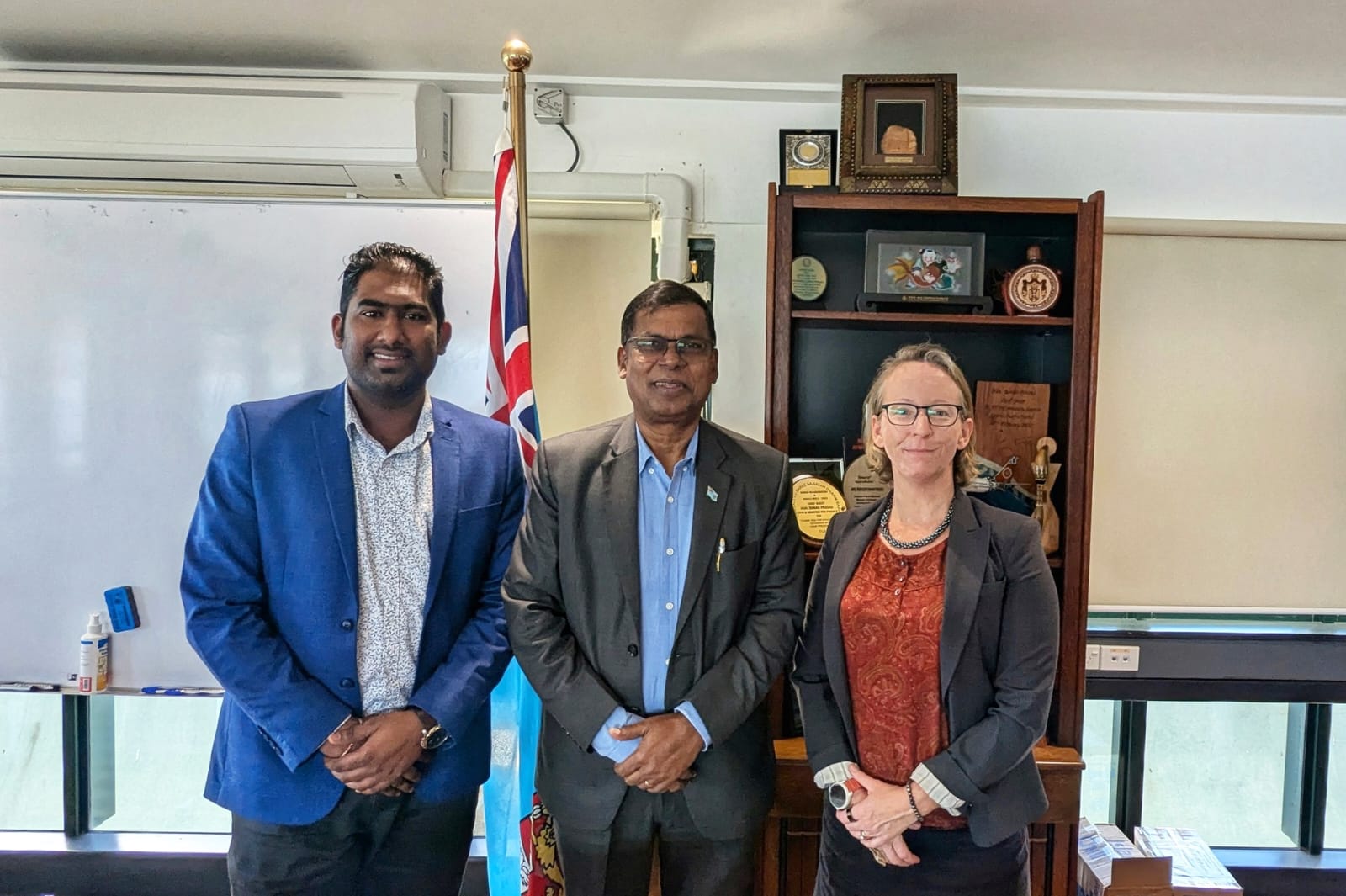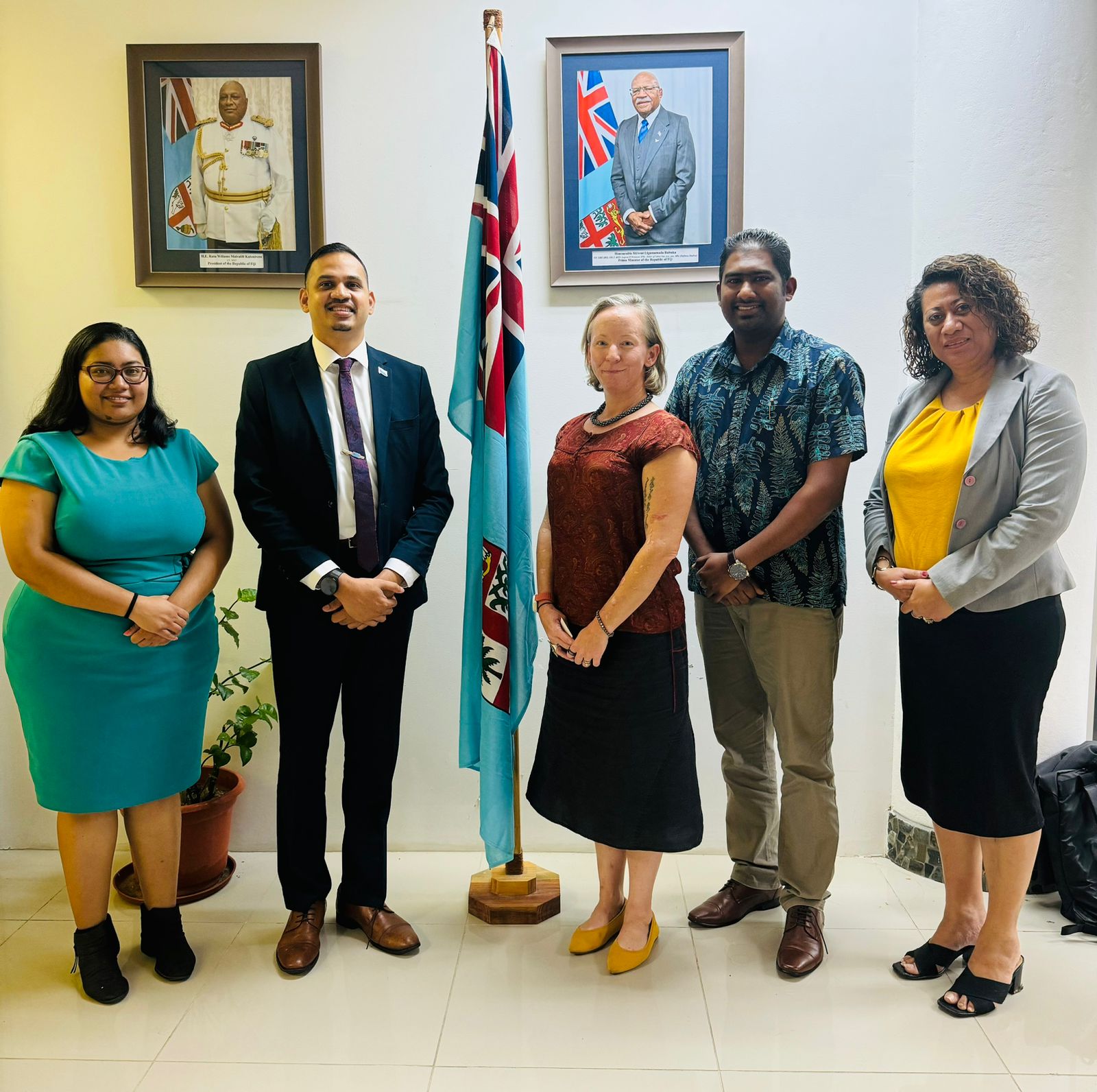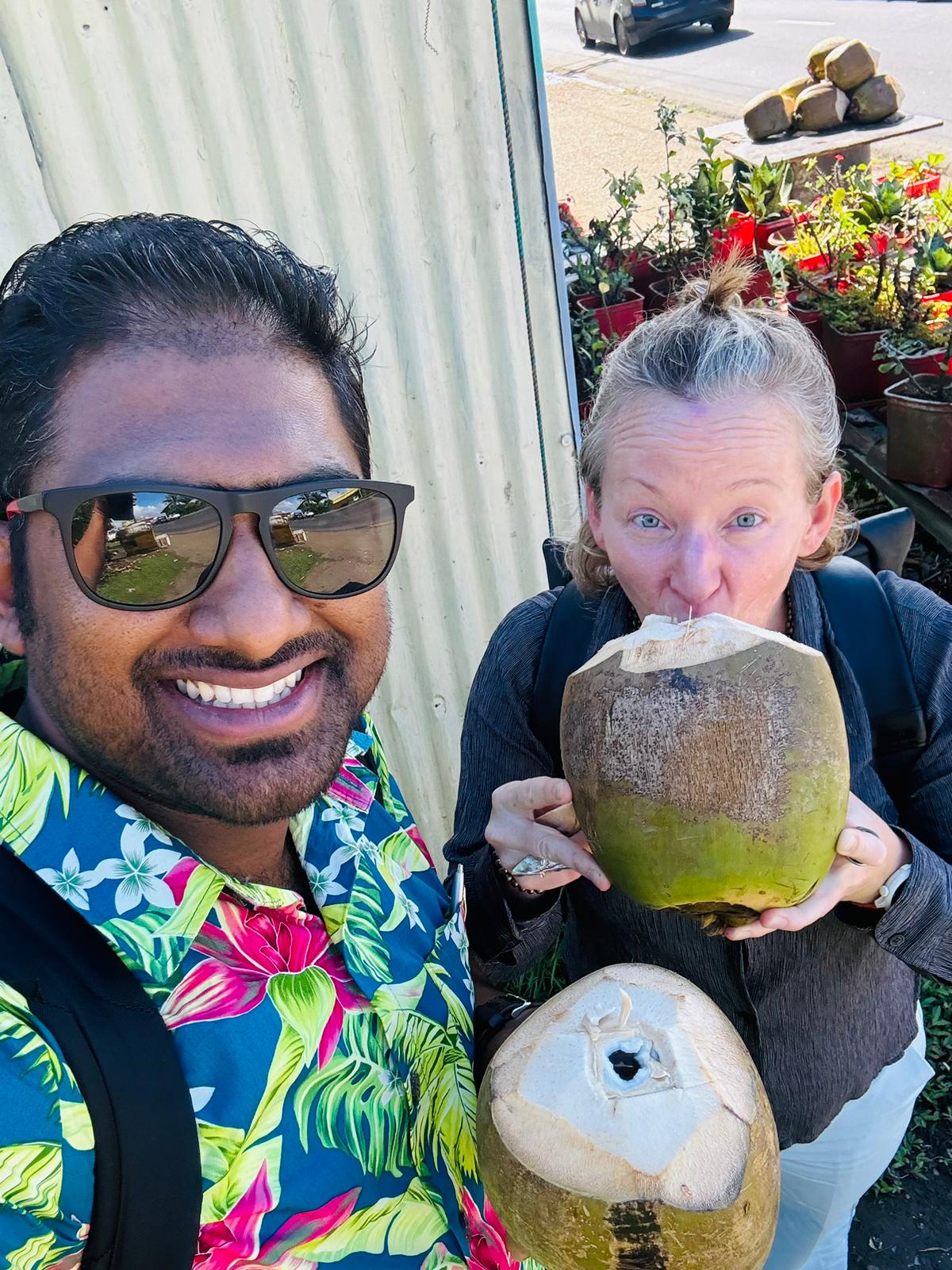Climate insurance for social protection
The impact of shock-responsive social protection in Fiji
Project overview
Disaster relief often faces delays due to administrative bottlenecks and approval processes. These delays can last for weeks or even months, exacerbating the challenges faced by vulnerable populations. The researchers study a cutting-edge program in Fiji, where an insurance-based disaster relief mechanism is being integrated into the national social protection system, which facilitates automated payouts and can help stabilize government relief budgets. Fiji is susceptible to climate risks like droughts, extreme rainfall, and, notably, tropical cyclones. Using a cluster randomized controlled trial, we will study the ex-ante and ex-post impacts of natural hazard insurance on the behavior, resilience, and attitudes of climate-vulnerable social protection beneficiaries in Fiji.
This work promises to offer valuable insights into a pioneering intervention in Fiji and to inform similar initiatives in the broader Pacific region and globally. The findings have the potential to reshape how social protection systems tackle climate-related disasters. We are collaborating closely with local partners and anticipate that our findings are likely to result in a tangible policy impact.



Research team
Collaborators on this project include
- Russell Toth (University of Sydney)
- Kushneel Prakash (University of Melbourne)
- Sinja Buri (UNU-EHS)
Funding
This pilot project has received support from the Abdul Latif Jameel Poverty Action Lab (J-PAL) Social Protection Initiative and Monash University